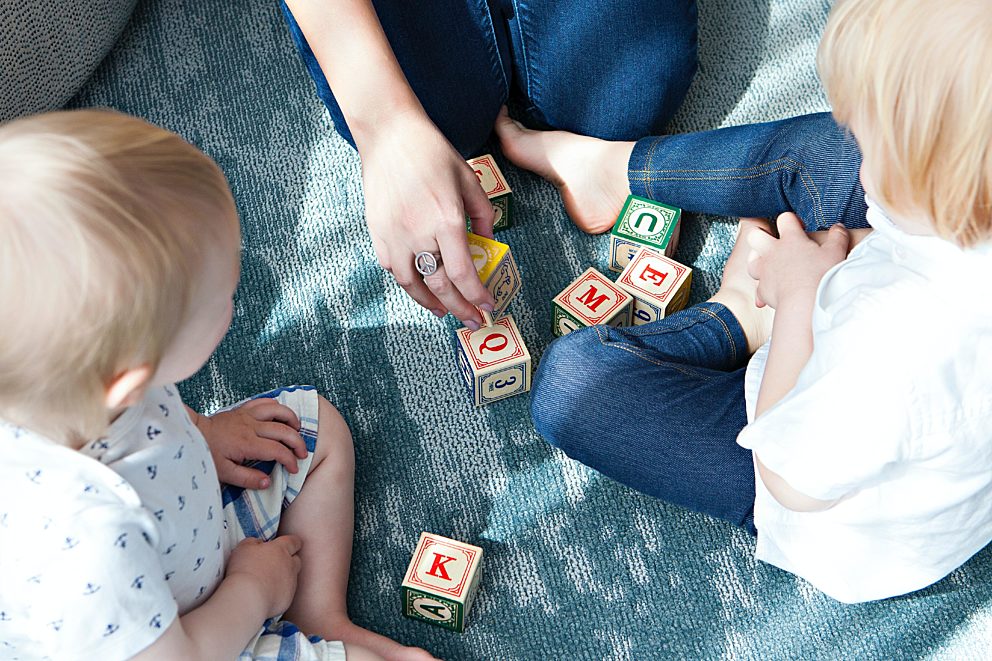A best friend knows you in a way no one else does, and when you’re a teen, this connection can be particularly unique and intense. Between school, texting, and social media, teens are in constant touch with their closest friends. In a time when teens are in the midst of figuring out who they are and aren’t, friends are who they talk to about their their hopes, fears, dreams, and insecurities. When a friend who knows you on such a deep level dies, it can be devastating. For many teens, it might be their first experience with grieving someone who is part of their day to day life. Because they aren’t officially family, teens can feel left out of the rituals and routines surrounding the death. They often don’t receive the same support and care from others who tend to focus on the immediate family.
As a parent, caregiver, or support person for a teen grieving the death of a close friend, what can you do to help? One suggestion is listen to episode 050 of The Dougy Center’s Dear Dougy podcast. Our guest Debbie shares candidly about how her best friend’s death at age 15 affected her and what she needed from others.
Here are some additional suggestions:
- Be honest and answer questions: Since your teen is likely to find out about the death from friends, it’s helpful to ask what they know and if they have questions. There can be a lot of misinformation circulating, so you can help quell rumors by clarifying what happened and answering questions honestly. It’s okay to not have all the answers. Let your teen know if it’s something you can try to find out.
- Expect and validate frustration over how other teens are acting. It seems almost inevitable that teens will be confused or upset by the outpouring of grief from others who weren’t as close to the person who died. Between social media posts and emotional expression at school, your teen might have a strong reaction to these declarations of grief. Validate their feelings and acknowledge your teen’s view of their relationship with the friend who died. After validating and acknowledging, you can also offer ideas for why other teens could be so affected. We never know someone’s past and this death might be sparking grief over other losses. Some teens will be upset at the fact that someone their own age could die. Knowing there could be a reason behind these behaviors can sometimes help with your teen’s frustration.
- Listen. Even if a teen isn’t talking much to you about the death, anything you can do to be a good listener is important. As an adult, one of the hardest things is to see your teen in pain. It’s understandable that you might have the urge to try and fix it or take away their difficult emotions. Acknowledge that urge and then work to listen without giving advice, dismissing their feelings, or filling the silence with platitudes.
- Honor the friendship. An extremely painful aspect of having a best friend die is the assumption that you’ll just make a new one. While your teen is likely to make new friends over the course of their adolescence, each connection is unique and special. Reassure your teen that it’s possible to feel close to new people without replacing their friend who died.
- Provide opportunities for teens to get together. When we ask teens what they need after a close friend dies, their answer is almost always, “time together.” Being with others who were close to the person who died provides community, time to share memories and talk about the person who died, and a sense of normalcy.
- Advocate at school. Teens often struggle with concentration and focus after a death. You can reach out to teachers, school counselors, and administrators for flexibility with coursework and opportunities for emotional support during the school day.
- Remember that grief is ongoing. There tends to be an influx of support and acknowledgement immediately after the death that falls away pretty quickly. As soon as a week after a death, some teens encounter pressure to move on or get over their grief from teachers, friends, and others want who want them to get back to how they were before the death. Checking in with teens over the long term provides reassurance that their grief and their friend haven’t been forgotten.
For more suggestions on how to be there for the teens who are grieving, be sure to check out Tips for Supporting the Grieving Teen and episode 007 of our podcast, Somewhere In Between.
